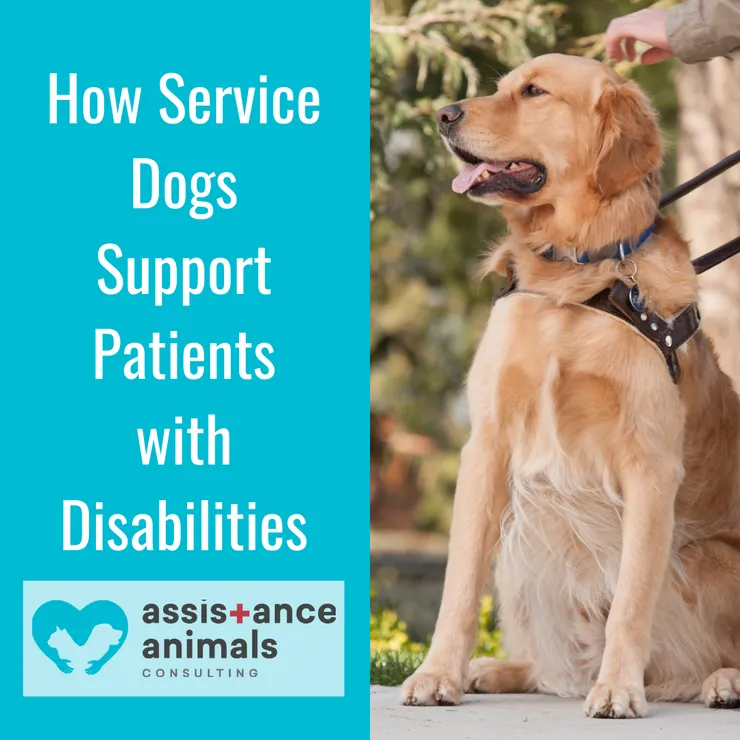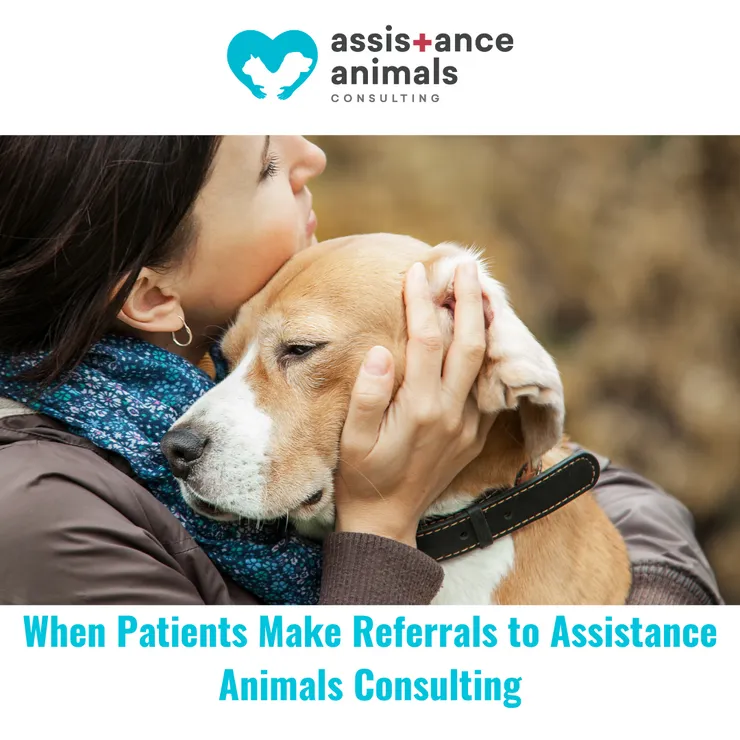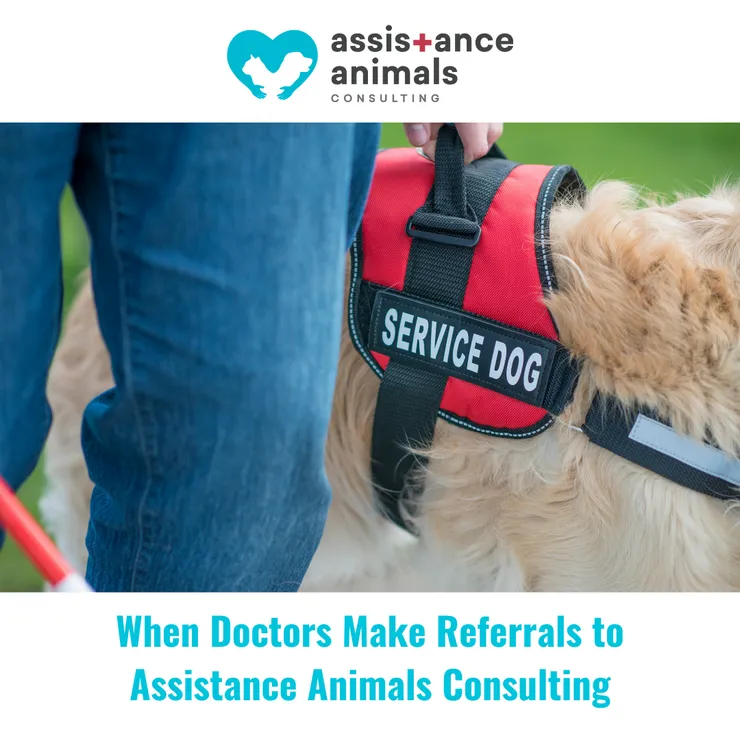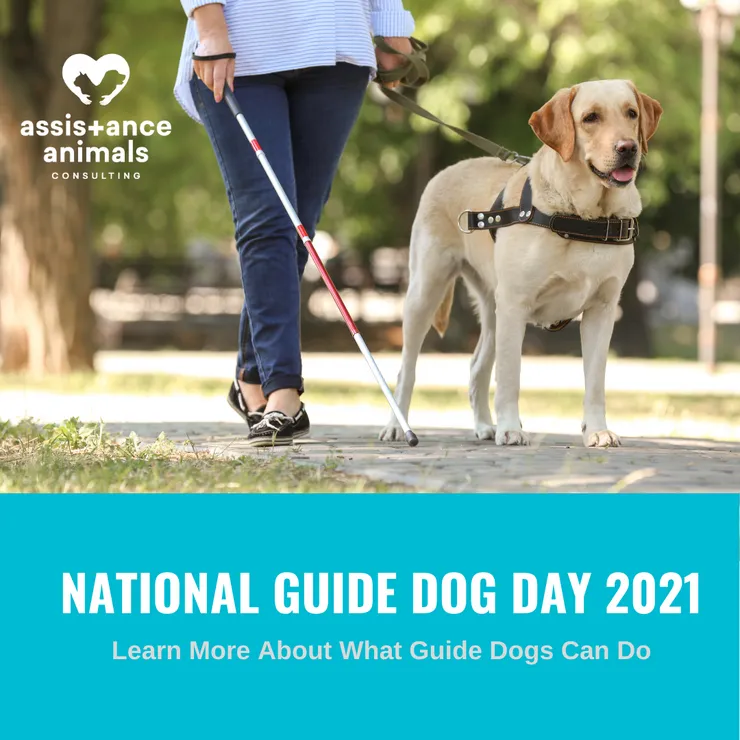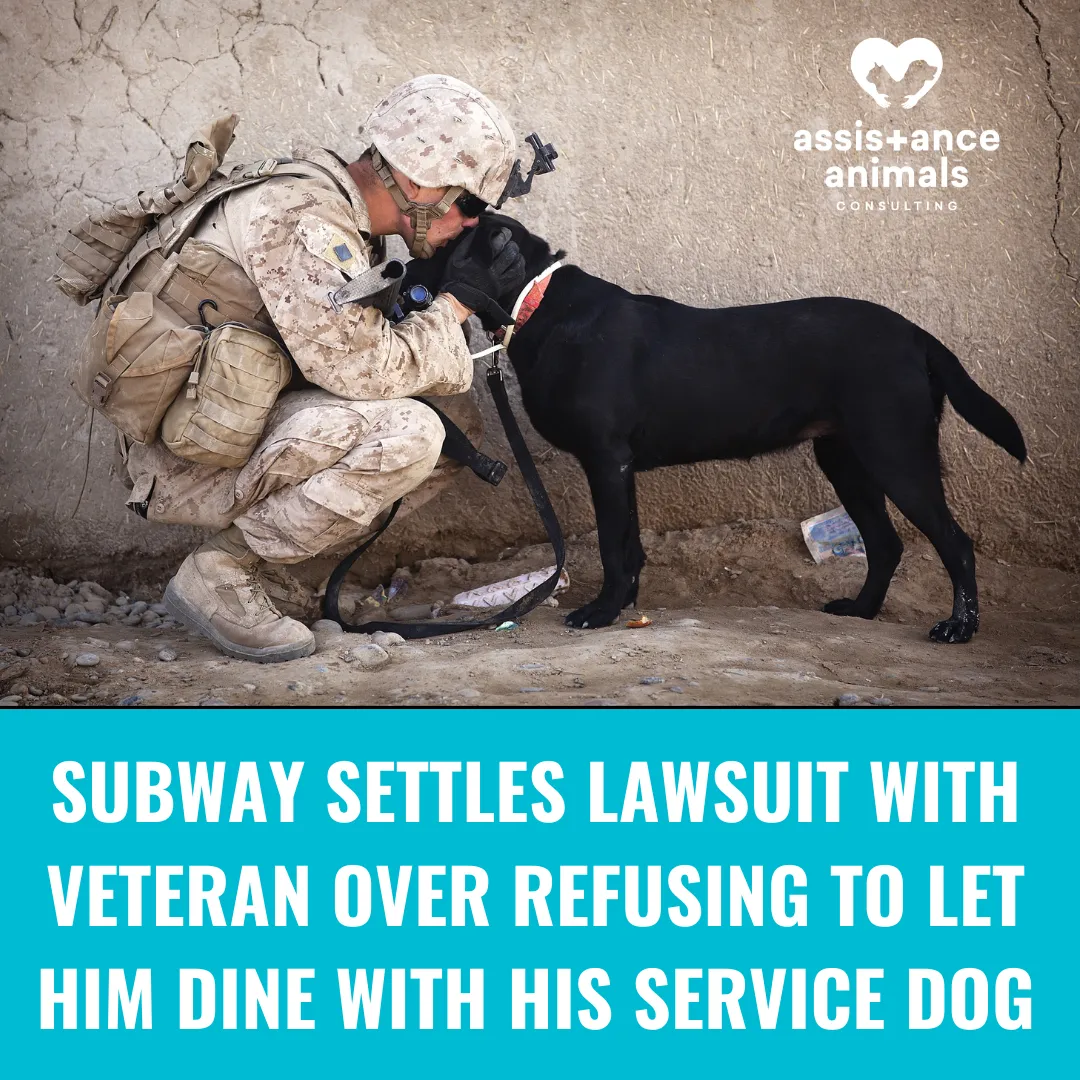What Are Some of the Best Breeds for Service Dogs?
What Are Some of the Best Breeds for Service Dogs?
Dogs are exceptional service animals. For those considering a service dog for support, one of the most common questions is, what breeds are best? Service dogs can provide emotional and even physical support to those in need. The term service dog is given to trained dogs that can help in navigating the lives of people with disabilities. Today, we will tackle that question by sharing some of the most common breeds used as service dogs.

When considering a service dog some of the most important factors to consider for breed includes their intelligence, their temperament, and their ability to obey. Daily, service dogs may have to interact with many more people than regular pets. What's more, service dogs have to do this in noisy and unfamiliar environments in public often. For this reason, you want to ensure that the service has a calm temperament, proper training, and good obedience.
Here are the Top 5 dog breeds that are common and easy to be trained as service dogs:
- Labrador Retriever: These dogs are extremely intelligent and friendly. These qualities make them a perfect pick to be trained as service dogs. They are fast learners and can learn to carry out daily tasks easily. They love being around people which ensures they can easily bond with their handler and are less likely to become aggressive with others in public. They can be gentle with picking up items without breaking them, and are large enough to support extra weight, making them very well suited for many roles. They are also naturally inclined to be sensitive to those who are in pain and are very empathetic. As such, they are one of the most common service dog breeds.
2. Golden Retrievers: They have many similarities with the Labrador retrievers. They are extremely smart, and easy to be trained. They are strong and can help their owners with daily tasks and keep up with
them all day without tiring out. These dogs and their friendly temperament are also a good choice for
those experiencing anxiety or other mental disorders. They can be great companions while providing
assistance as service dogs. For those with anxiety, service dogs can act as a sort of barrier in the public
to prevent other individuals from making unwanted contact while making the handler feel less isolated
at the same time. These dogs are also known for their loyalty, which makes them a great choice for
developing the human-animal bond.
3. German Shepherds: While these dogs are best known as working dogs for their roles with police and
military, they are also one of the top picks to be trained as service dogs. They can perform a wide
variety of tasks for individuals who have been diagnosed with visual and hearing impairments, seizures,
and a whole lot more. They are also very intelligent breeds that can be easily trained, in fact, the ability
to train them is one of their greatest strengths. Being utilized as working dogs historically has given this
breed an advantage in terms of picking up new training quickly. The difference between these dogs and
the Retriever family is that temperament will be important to consider. Some German Shepherds can
more aggressive than others. You will want to ensure if choosing this bread that you work with a dog
who has a calmer nature to ensure it is easy to manage for the handler. They are also strong and sturdy
making them ideal for lots of different roles as a service dog. It is also important to note, that German
Shepherds have a lot of energy and require more exercise than some of the other breeds listed.
Depending on the energy of the handler, this is something to consider.
4. Great Danes: The largest of the breeds mentioned today is the Great Dane. These dogs are big, strong
animals that may be able to complete tasks requiring strength that other breeds can't. They are also
friendly and smart. Great Danes provide excellent service to those with limited mobility. Their regular
patients are those with Cerebral Palsy, Parkinson’s Disease, Mobility Impairment, or Muscular Dystrophy.
Due to their large size and weight, Great Danes can help patients stand or walk as they support those
with limited movement by acting as a brace dog. For taller individuals or larger individuals these dogs
can be a great choice for mobility support. For example, disabled veterans who need mobility assistance
may find the Great Dane as a great fit. Even though these dogs are very large they are often very friendly
and provide the right balance of qualities to be trained as a service dog. Great Danes are actually very
well suited for indoor living. Often called "Gentle Giants" these dogs are happy to lounge about the house
until their services are needed.
5. Poodles: For those who need assistance but are more concerned about handling a larger breed, the
Poodle can make a great service dog. Aside from those who need physical support which may require
the strength of a larger breed, Poodles can be trained to help with a variety of tasks and challenges. For
those with hearing or visual impairments they can be trained as seeing or hearing guide dogs. They are
also known to be good at retrieving and can easily assist with picking up items. These dogs are obedient,
loyal, and intelligent. Poodles also attach with their owners easily and can be trained to sense when their
handler is in danger, for example, if they are diabetic or have seizures. Poodles are also known to be
eager to please, this ensures they will not only serve their handlers well - they will enjoy doing so. They
enjoy attention and companionship and this makes them ideal for providing comfort and emotional
bonding with their handlers as well.
When considering the right breed for yourself as a handler, or for someone you care about, it starts with considering the needs of the patient. Service dogs are trained working dogs. They can provide lots of support and assistance with a variety of tasks and can be trained to fit their handlers need specifically.
Getting a service dog may be a great choice for additional support as part of a treatment plan. We suggest working with your physician to develop a comprehensive plan. Your doctor will play an important role, as Service dogs require a medical prescription. At Assistance Animals Consulting, we focus on working with service dogs and assistance animals and the patients they support. We can help you and your physician develop your treatment plan with the veterinary perspective in mind, or we can even refer you to a physician who can help you get started with a service dog prescription. If you are considering a service dog for yourself or a loved one we can provide guidance, resources, and support to help you on this journey. Contact us to learn more about how we can support you.
